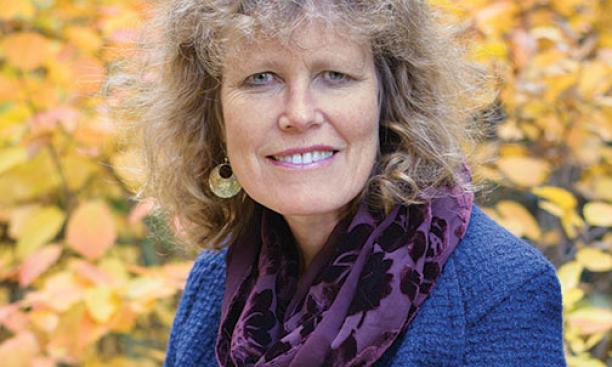

Rachel Bowlby understands why love stories are so popular: They speak to an experience most people share. But she wonders why another elemental story of human relationships, parenthood, receives much less attention.
“Parenthood is such a common human experience, and yet it’s sort of taken for granted in literary terms,” says Bowlby, a professor of comparative literature. Parenting “tends to be the boring sequel. You have the marriage story, the romance story. Parenthood is what happens afterward.”
And yet the experience of becoming a parent has undergone drastic changes. With the advent of in vitro fertilization, surrogate parenting, and the increasing acceptance of egg donation, creating a family is very different than it was just a generation ago. In her new book, A Child of One’s Own (Oxford University Press), Bowlby explores these phenomena while going back to classic works of literature to uncover centuries-old stories that are surprisingly relevant to modern parenthood.

What we consider the traditional composition of a family — a husband and wife parenting their biological children — is a relatively recent historical reality, she says. Before the 20th century, many women died in childbirth, leaving their spouses or relatives to raise a child, a scenario reflected in many classic works of literature.
“It was incredibly common, just as it is now but for different reasons, to have stepparents and stepsiblings and all kinds of muddled and mixed types of family arrangements,” Bowlby says.
Such family arrangements are reflected in What Maisie Knew by Henry James, for example. Maisie’s parents are separated and do not get along, a common scenario today that was scandalous at the time. Maisie forms strong attachments to her stepfather and her governess, ultimately choosing to live with her governess. The novel explores whether someone who is not a biological parent can love a child as strongly as a biological parent would.
Thomas Hardy’s The Mayor of Casterbridge tells the story of Elizabeth-Jane, a young woman who grows up not knowing the true circumstances of her birth: The man who is raising her (along with her mother) is not her biological father. The novel’s themes would resonate with parents who wonder whether to tell their children that they were conceived with, say, a sperm donor or an egg donor, Bowlby says.
Reading about 19th-century parenting situations that are as complex as those that parents face today demonstrates, she says, that “parenthood has never been the stable entity that as children — or ex-children — we like to think it is.”
